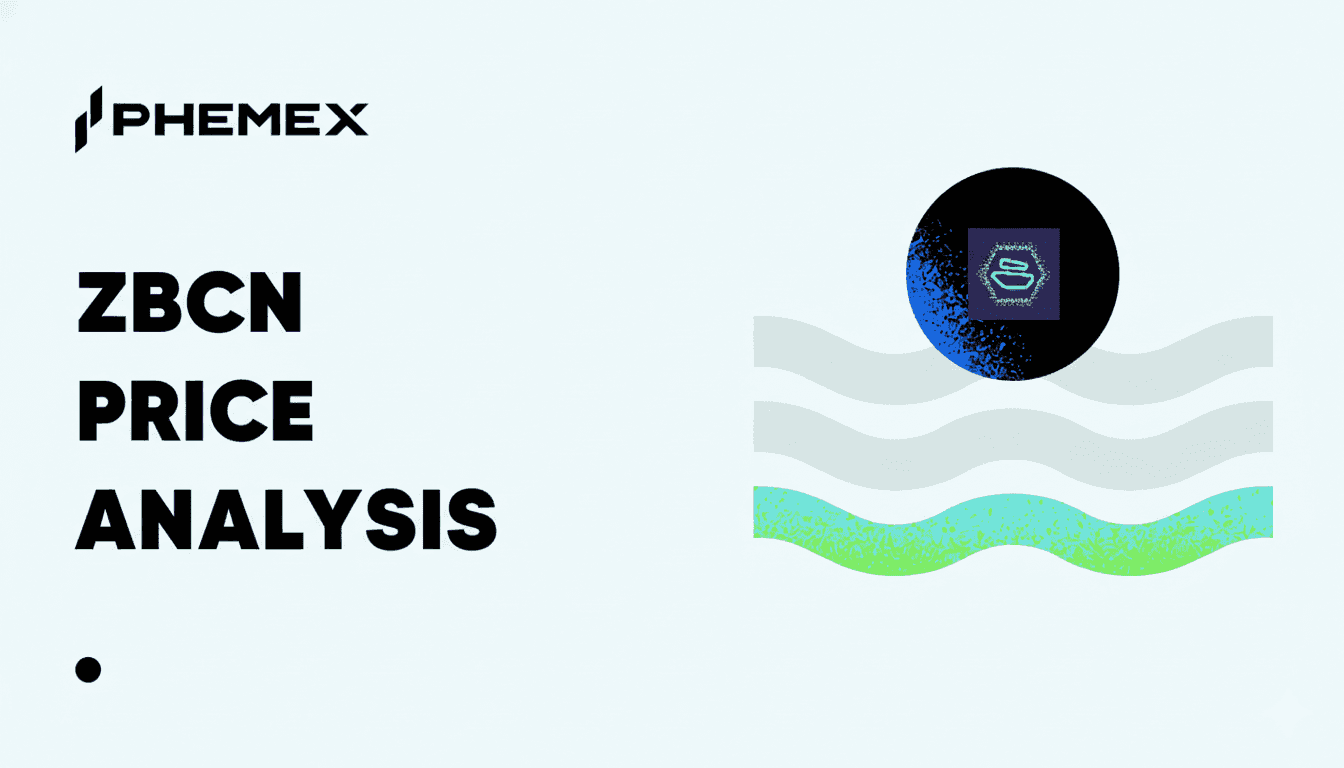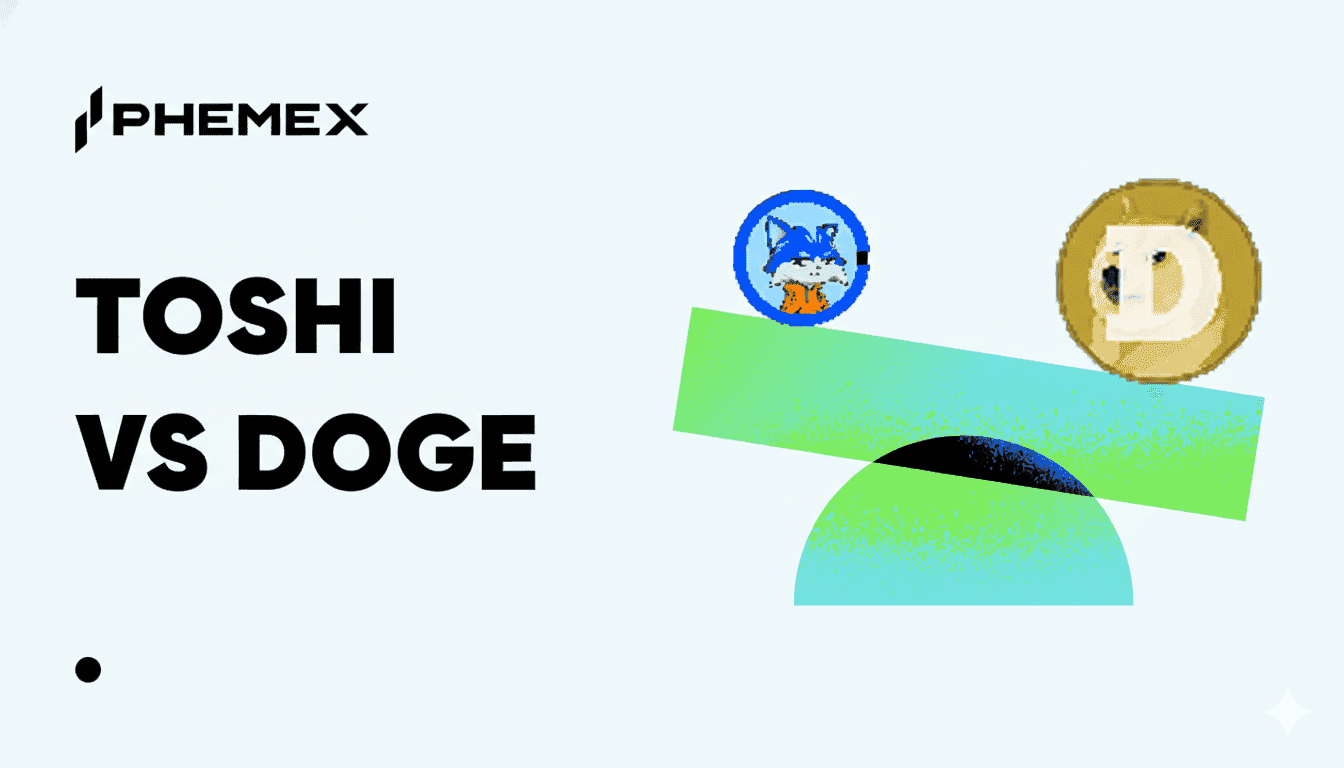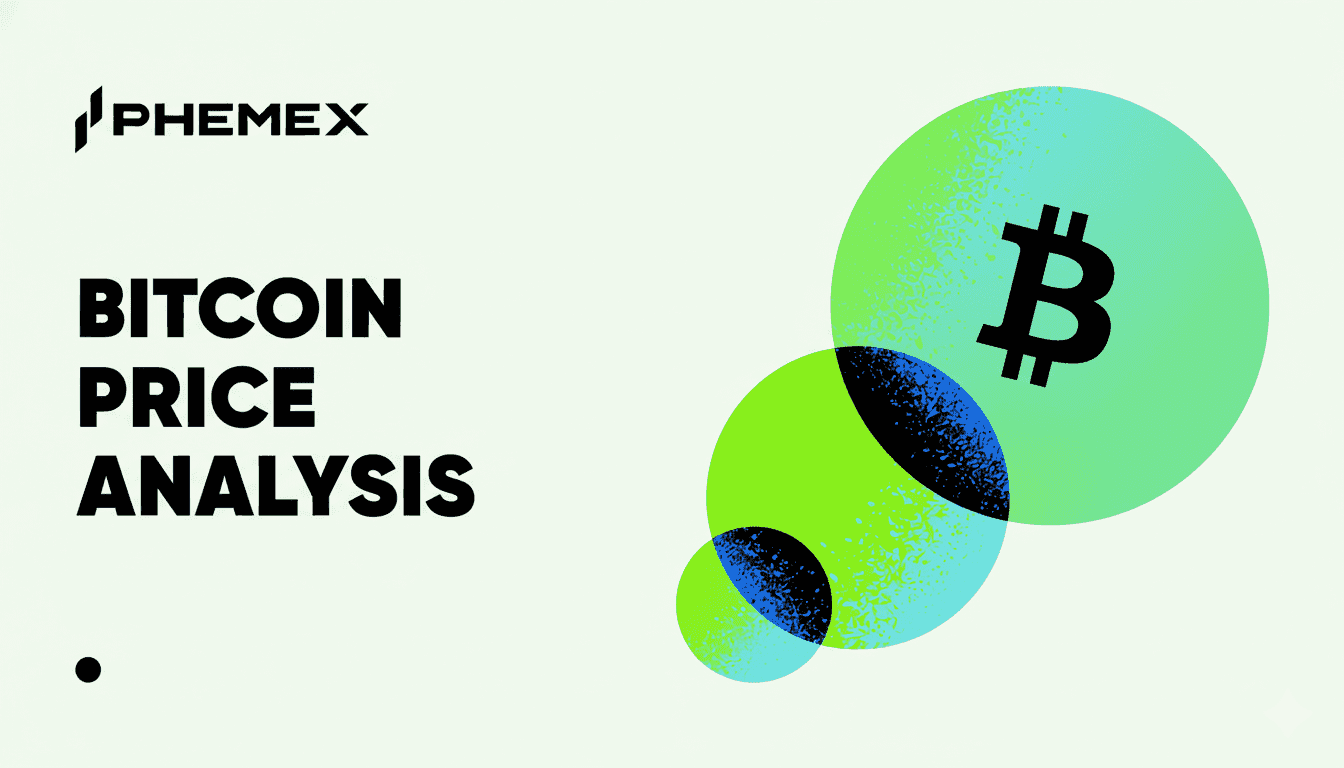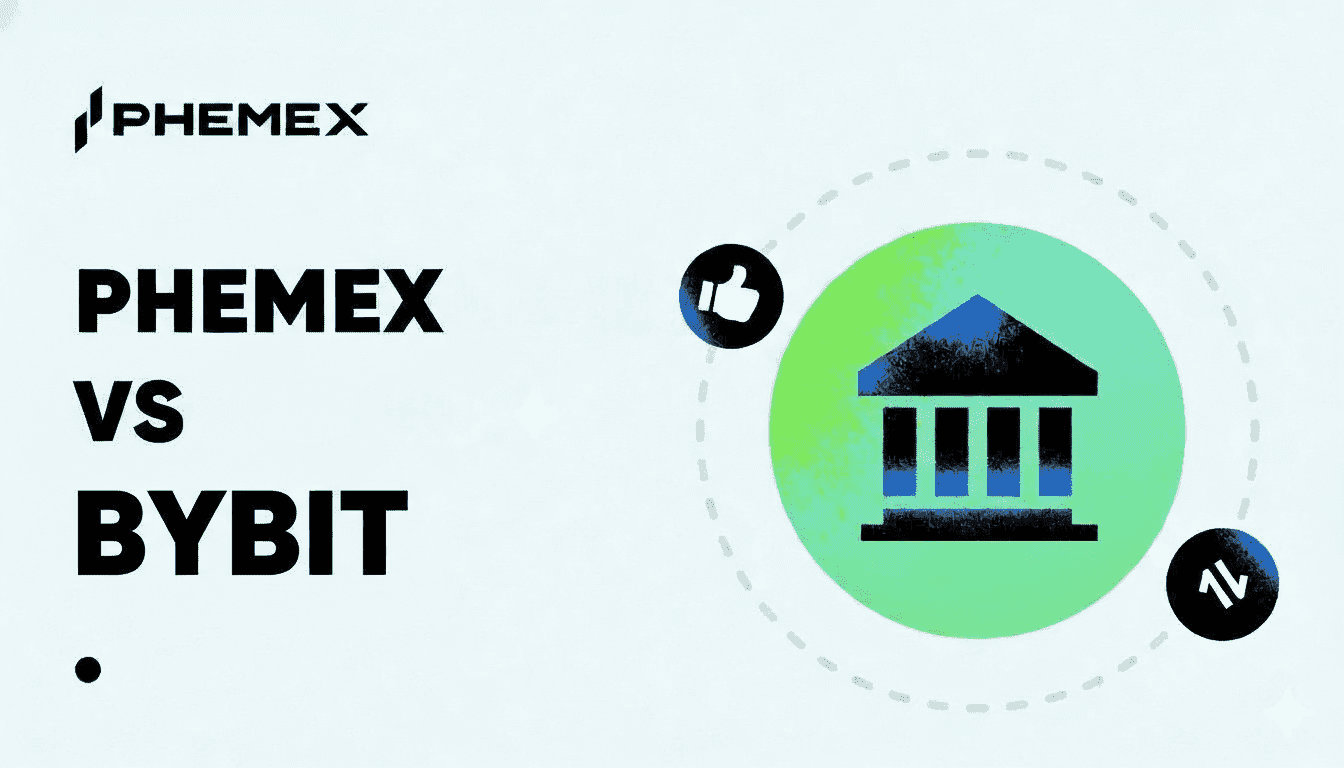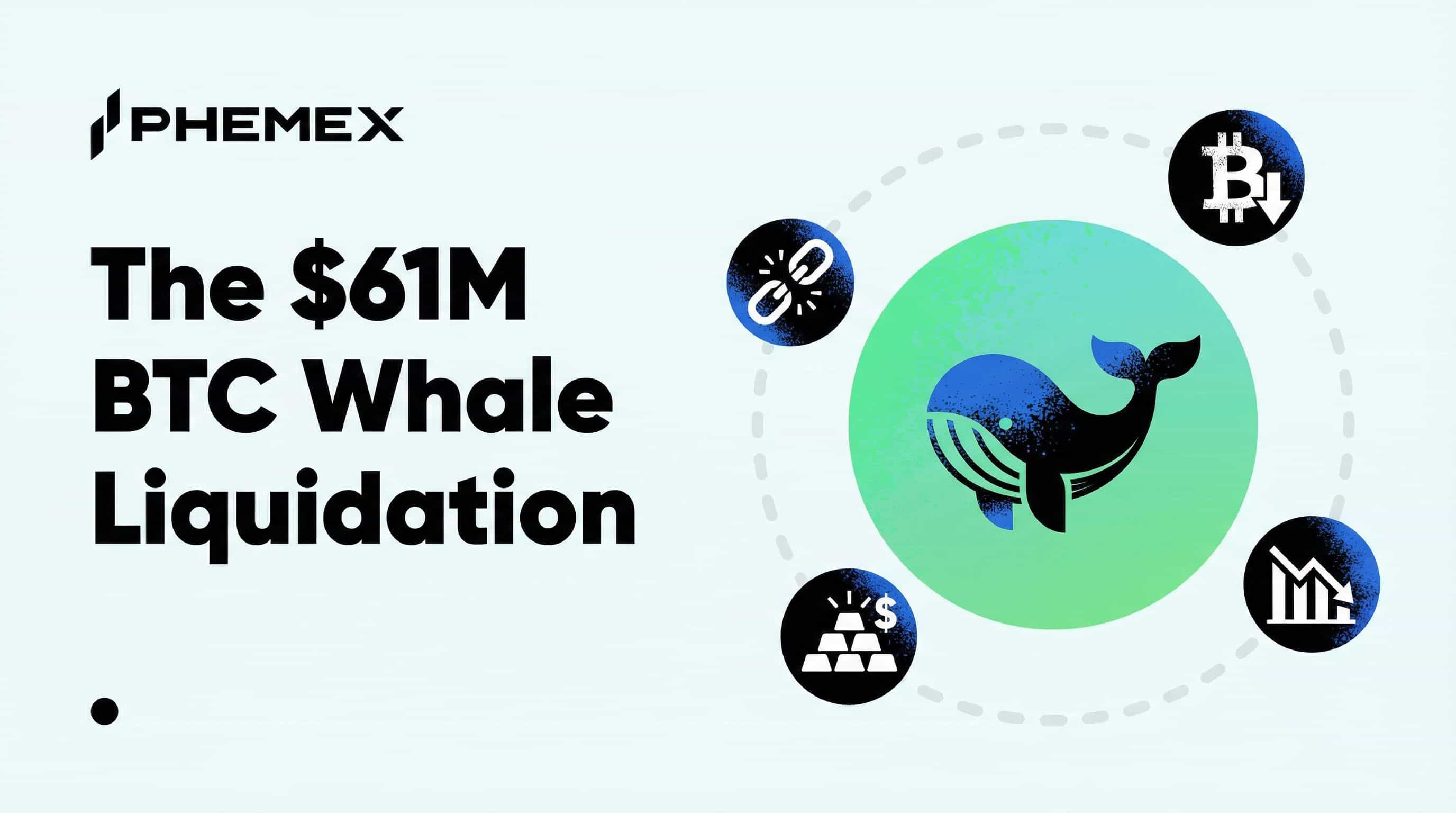
In June 2021, a blockchain-based game known as Axie Infinity experienced an immense surge in popularity, generating nearly $800 million in sales in just one month. By the following month, Axie had generated more fees than Bitcoin and Ethereum within the span of a week. As the embodiment of the play-to-earn model, Axie Infinity is a relatively straightforward game centered around the collection and battles of NFTs known as Axies. Players can earn the game's native token, AXS, or a secondary token called SLP by participating in various in-game tasks, which can be traded outside the game. Axie Infinity's rise to fame reached its peak in developing countries like the Philippines, where individuals affected by job losses resulting from Covid-19 turned to the game as a source of income. At its peak, players were earning an average of 150 SLP per day, equivalent to approximately $53 at the time, exceeding the monthly salaries of full-time jobs in some developing countries.
Fast forward to 2023, and the heyday of Axie Infinity and blockchain gaming, in general, appear to be distant memories. Axie experienced a major hack, followed by the crypto market crash in 2022, resulting in a substantial decline in its player base and the devaluation of its native token. Just as noteworthy as these events is the demise of Axie’s play-to-earn model. However, innovative and attractive, the model was built on an increasing user base, relying on new players' profits to fund the earnings of existing ones. This ultimately resulted in an earning structure destined to fail when experiencing tumultuous times. Perhaps the game grew too rapidly, too soon, without giving its developers the opportunity to establish a sustainable economic model.
The case of Axie Infinity offers numerous lessons, and while it stands out as a poster child of crypto games due to its meteoric rise, it’s not the only example of a rise and fall in this space. Games like Splinterlands, Crypto Kitties, and many others have also existed in this arena, promising their users not only active participation in the gaming community but also revenue streams through in-game tokens and NFT royalties.
Today, decentralization through blockchain is disrupting the financial system as we know it. It has emerged as a transformative force that has exposed the flaws of the existing system and paved the way for greater transparency and participation. The question is, can blockchain technology also disrupt the long-established and revenue-generating gaming industry, eventually leading to its decentralization? In this article, we will explore if the existing gaming industry has the potential to change, the advantages and shortcomings of blockchain games, and how the worlds of Web 2.0 and Web 3.0 can converge to unlock the ultimate gaming experience for over 3 billion players around the world.
Is there room for change in the current gaming ecosystem?
Before exploring the future of blockchain gaming, it's important to understand the current state of the gaming industry. Since its golden era in the late 1970s, the industry has been on a constant mission to evolve, with its playing medium shifting from arcade halls to home consoles, PCs, and mobile devices, all driven by technological advancements. Particularly transformative was the emergence of mobile gaming, which made games readily accessible on smartphones, significantly broadening the audience and catering to a more diverse demographic.
Today, gaming stands as the fastest-growing sector within the media industry and currently holds the position of the largest form of entertainment by revenue on a global scale. According to Statista, the video games market revenue is projected to reach US$334.00 billion within this year, escalating to an astounding US$467.00 billion by 2027. The player demographics are also undergoing a shift, with the average gamer age now exceeding 30, a notable rise in female players, and the acceleration of esports indicating even more room for growth in an industry that never ceases to evolve.

The onset of the Covid-19 pandemic impacted numerous industries, yet gaming stood resilient. With more time spent at home, gaming experienced an 8% surge in 2020, surpassing other entertainment genres. Although the industry's remarkable growth witnessed a slowdown in 2022 due to the easing of pandemic restrictions and privacy changes affecting mobile gaming ads, this momentary deceleration doesn’t define the gaming industry. Major publishers utilized this period to prepare for AAA game releases and acquire smaller studios, demonstrating a proactive approach to expanding their offerings.
Blockchain and decentralization typically step in when friction arises within a system. In the realm of traditional finance, DeFi intervened to address issues of transparency, privacy, and efficiency. However, when it comes to the gaming industry's current trajectory of growth and expansion, one question often arises: Is decentralization truly necessary?
The answer to this question is rooted in the challenges present within the established gaming ecosystem. Despite the industry's remarkable revenues and its expansion into new domains, gaming is not immune to its set of challenges.
- Consolidation of power: The centralized gaming industry is remarkably consolidated, with BCG reporting that the top 10 players wield control over 70% of the market. In this landscape, smaller yet promising studios often find themselves acquired by tech giants, attracted by the financial resources and workforce needed to develop high-profile AAA games. While this practice may ensure the industry's continuity, it inadvertently concentrates power in the hands of a select few centralized companies, disregarding the opportunity for a more diverse array of players to thrive and innovate.
- Ownership: Another drawback of traditional games lies in ownership, or rather, the lack of it. Gamers don't truly own the assets they acquire within the game, instead, they are essentially renting or borrowing them. In a typical game, all acquired assets are valid solely within that specific universe and cannot be transferred to a different realm or game. This absence of true ownership significantly restricts players' ability to exercise control over their assets and decreases their chances to monetize them effectively.
- Limited Monetization: Within a centralized gaming model, game developers largely dictate monetization strategies. This often results in the implementation of fees and in-game purchases that may not necessarily align with the best interests of players. Interestingly, the approach to monetization is suboptimal even from a developer's standpoint. Estimates suggest that only a fraction of gamers, ranging from 5% to 20%, actually make in-game purchases. By enabling users to have more active participation and ownership within the game, there is potential to boost user motivation to spend, ultimately benefiting both players and developers alike.

Benefits of integrating blockchain into gaming
Transitioning from the centralized architecture of Web 2.0 to the decentralized landscape of Web 3.0 holds promise for addressing key challenges within the gaming ecosystem. It's essential to recap some of the attributes of blockchain technology that can enhance the gaming experience for both players and publishers.
Complete ownership
Incorporating blockchain into gaming fundamentally transforms the concept of ownership, particularly through NFTs. By tokenizing game assets like characters and items into NFTs, ownership shifts directly to the players. With this approach, players can freely trade their NFTs on secondary markets. A survey conducted by the Blockchain Game Alliance underscores the player expectation around ownership, with 85% of respondents identifying asset ownership as the paramount advantage of blockchain games.
Community governance
Decentralized Autonomous Organizations (DAOs), enabled by blockchain technology, empower players to collectively influence game development, investment choices, and monetization strategies. This stands in stark contrast to the traditional centralized gaming paradigm where decision-making power primarily rests with publishers. The introduction of DAOs through blockchain ensures that the gaming community actively engages in governance processes. A standout benefit of giving players with this shareholder-like role, viewed from a developer's perspective, is their continued interest in the game's sustainability. As the game intertwines with the players' assets, they are driven to ensure its success.
Enhanced funding options
From a developer's standpoint, granting digital asset ownership and governance rights to players can create a stronger connection between the players and the game, potentially driving increased in-game spending. Additionally, the integration of blockchain technology presents fresh opportunities for funding. For instance, a new revenue model gaining traction in the advertising domain is "Watch to Earn," where data regarding players' online behaviors, ad-viewing duration, and spending patterns on ads are securely recorded on the blockchain. The entire gaming community is then rewarded through token value appreciation. This model not only allows developers to establish sustainable income streams but also offers personalized token incentives to players based on their preferences for interacting with ads, fostering their engagement in a trustworthy and transparent advertising system.
Seamless payment structures
Self-executing smart contracts, enabled by blockchain technology, have the ability to automate numerous aspects of gaming, particularly transactions. Leveraging the seamless and efficient nature of cryptocurrency payments, these contracts eliminate the necessity for intermediaries, ensuring cost-effective and transparent transactions within the game.
Interoperability
Within the existing gaming ecosystem, in-game assets are typically confined to the game of their origin, rendering the hard-earned assets acquired by players redundant beyond that particular game. Blockchain's decentralized structure effectively addresses this issue by enabling the seamless transfer of digital assets across platforms. This newfound interoperability not only makes the assets valuable beyond their originating game but also promotes enhanced collaboration among gaming ecosystems, resulting in more enriching gaming experiences for players. From a developer's standpoint, the potential for cross-platform asset monetization models can also open doors to new and innovative revenue streams.
The limitations of blockchain gaming
While blockchain technology offers multiple benefits to enhance the gaming ecosystem, It's widely acknowledged that it has been rife with hype but lacking in tangible outcomes. The decline of top crypto games like Axie Infinity, Crypto Kitties, and Huntercoin cast doubt among players and developers about the viability of blockchain gaming. To address this skepticism, it's crucial to examine the challenges faced by Web 3.0 games.
One significant factor contributing to blockchain games lagging behind their traditional counterparts is the quality of the games themselves. Presently, most blockchain games primarily consist of simple card games, reminiscent of much older games. These games lack the competitive quality and sophistication of Web 2.0 games. For players accustomed to advanced designs, high graphic quality, and complex game environments, blockchain games fall short, failing to offer the same level of excitement and innovation. It's essential to note that the simplicity of blockchain gaming is generally not a matter of choice but a result of resource constraints. Unlike some AAA games that can cost upwards of USD 200 million to develop and require extensive teams, blockchain-based gaming companies operate with significantly limited resources. As a consequence, this simplification often leads to player boredom, ultimately resulting in a decline of interest and potentially spelling doom for the game.

Besides the issue of game quality, blockchain-based games also experience the drawbacks of the “play-to-earn” model. While this model is alluring for attracting players with its potential for profits, it often proves unsustainable in retaining them. The current short-term engagement cycle is not surprising, given that game developers prioritize providing game assets to early adopters, whose primary objective is to maximize profit and then move on. This shifts the focus away from enhancing the gaming experience, deriving enjoyment from play, and rewards profit-focused players for their screen time, ultimately creating an ineffective and unsustainable game economy.
Scalability presents a significant challenge for blockchain games, particularly as their popularity grows and transaction volumes rise, resulting in sluggish transaction processing and heightened costs. An example of this issue was seen in CryptoKitties, where its immense popularity led to over 30% of Ethereum transactions being attributed to the game. Consequently, transaction speeds slowed down and gas fees increased. Presently, crypto gaming companies are trying to address this issue by developing tools that facilitate the creation of dedicated blockchain networks. This approach grants developers increased control over their projects and enhances the overall gaming experience for players.
What does the future look like for crypto gaming?
Blockchain technology offers exciting prospects for the gaming ecosystem and holds the potential to address several of its inherent drawbacks. However, well-known blockchain games currently face their own set of challenges, particularly concerning quality, the stability of the in-game economy, and scalability. Given these considerations, what transformations will the future hold for blockchain gaming?
Web 2.0 game developers embracing blockchain
Firstly, despite the bearish economy, 2022 proved to be a significant year for fundraising within the blockchain gaming industry. According to a report by Block Data, Animoca Brands, a leading crypto gaming company, successfully secured over $565 million in funding during that year. Additionally, a recent report by Coingecko highlighted that over 70% of top video game companies, including industry giants such as Microsoft, Tencent, and Sony, made strides into the realm of Web 3.0. They did so by either directly investing in gaming projects and their development or by recruiting professionals for blockchain-related positions.
The integration of blockchain technology into games has captured the attention of major players in the Web 2.0 domain. Sony's recent accumulation of NFT-related patent applications earlier this year is another example of this growing trend. Given that game development typically spans several years before reaching end-users, the outcomes of these investments are likely to become apparent in the coming years. These investments also signal that a greater allocation of time, investment, and resources will be directed toward blockchain game development, potentially alleviating some of the quality-related challenges.
NFTs may take a secondary role
Some analysts argue that in the next generation of blockchain games, tokenized game assets may take a back seat. This perspective stems from the belief that mandating players to own an NFT to access the game poses a burden and discourages new players. Instead, NFTs could be awarded within the game, serving as authentic and immutable badges of honor rather than obligatory entry requirements. We're already witnessing examples of this approach, as demonstrated by Axie's recent launch of a "lite" version of their latest game earlier this year, which does not require users to purchase NFTs. The free-to-play version starts with non-NFT game characters, and players are encouraged to acquire in-game assets, which can later be transformed into NFTs.
Revamping the play-to-earn model
Closely connected with NFTs taking a secondary role, within the blockchain gaming sphere, developers are shifting their focus towards refining the initial versions of their releases and addressing issues associated with the play-to-earn model. Recognizing the importance of an enjoyable gaming experience and a functioning economic structure as essential for the game’s sustainability, developers will increasingly prioritize quality gameplay over short-term speculation. This shift is likely to drive the evolution of blockchain gaming.
A novel model, known as "free-to-play-to-earn," could potentially emerge within the crypto gaming realm. This model integrates blockchain elements and profit potential while placing a significant emphasis on the gaming experience, aligning it with traditional gaming counterparts. Consequently, we may witness the acceleration of new revenue streams such as in-game ads, powered by blockchain to ensure the economic sustainability of the game.
In the grand scheme, the convergence of gaming and blockchain presents numerous opportunities for both industries. With over 3 billion people engaged in gaming worldwide, integrating blockchain into gaming has the potential to facilitate the mass adoption of cryptocurrencies and extend their utility beyond the realm of finance. Conversely, blockchain technology possesses unique attributes that can effectively address some of gaming's inherent challenges. As gaming giants invest in the Web 3.0 project and blockchain developers modify primary models of crypto gaming, we are likely to witness further integration between these two worlds in the near future.
Sources:
- https://members.delphidigital.io/reports/the-future-of-crypto-gaming#the-current-generation-of-crypto-games
- https://blog.huobi.com/wp-content/uploads/2023/05/034c2-hri-blockchain-games-analysis.pdf
- https://hedera.com/learning/gaming/blockchain-gaming
- https://forkast.news/why-new-blockchain-games-are-blast-from-past/
- https://www.bcg.com/publications/2023/drivers-of-global-gaming-industry-growth
- https://qorpo.world/blog/post/play-earn-dead-2023-future-crypto-games-calls-paradigm-shift-now
- https://www.coingecko.com/research/publications/top-video-game-companies-in-web3?utm_campaign=Data%2BVisualization&utm_medium=social
For any inquiries contact us at support@phemex.com
Follow our official Twitter | Join our community on Telegram
Trade crypto on the go: Download for iOS | Download for Android
Phemex | Break Through, Break Free
Read More
- What Are Blockchain Games & How do they Work?
- The Future of Blockchain Gaming
- What is GameFi: The Start of Virtual Reality Through Cryptocurrency?
- What is GameFi &How does it Work?
- What is Axie Infinity (Axie NFT): A Pokemon-inspired, NFT game
- Top 7 Best Play-To-Earn Crypto NFT Games 2022
- What is Blockchain Technology: The Biggest Misconception About It
- Web3, AI, and Crypto Converging to Transform the Internet




